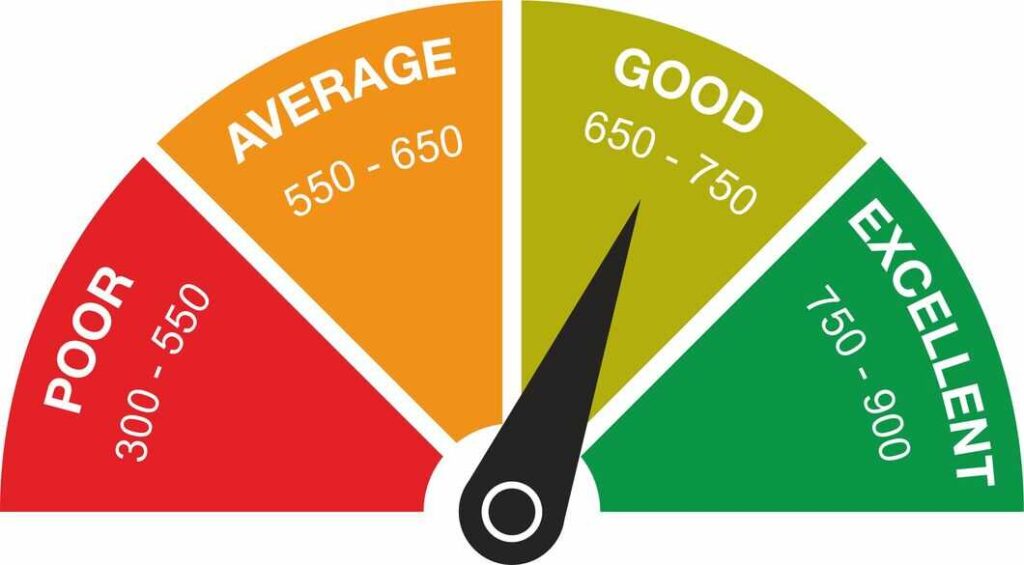
Common Myths About Credit Scores and CRB Listings in Kenya
Credit scores and CRB listings in Kenya influence how lenders assess risk, determine loan limits, and set interest rates. Credit Reference Bureaus (CRBs) such as TransUnion, Metropol, and CreditInfo collect repayment records from banks, saccos, mobile lenders, and microfinance institutions.
These records generate scores ranging from 0 to 850. A score above 600 is considered low risk and can help borrowers access better loan terms, while scores below this range may lead to stricter lending conditions.
Despite the increasing use of credit data in the financial system, myths about credit scores and CRB listings continue to create confusion among borrowers.
Myth 1: CRB listings are always negative and only target defaulters
Many borrowers assume that appearing on a CRB report means they have a problem with repayment. In reality, CRBs record both positive and negative information. Anyone with borrowing activity, whether from a bank, digital lender, or sacco, appears in these databases.
Positive entries, such as timely loan repayments, contribute to a strong profile and higher credit score. For business owners, positive CRB data can support funding applications, access to trade credit, or negotiations for better repayment terms.
Myth 2: A negative listing is a permanent blacklist
The term “blacklist” has long caused fear among borrowers, but it does not represent how the system works. Negative CRB listings mostly arise from defaults of more than 90 days, which often lower scores to below 400.
Once a borrower clears the outstanding balance, the negative listing is removed within seven days. From there, consistent repayment behavior can raise a score over several months. Borrowers can recover fully within 12 months of building positive repayment history.
Some lending institutions, including certain saccos, still offer secured facilities to borrowers who have negative listings, confirming that a listing is not a permanent financial barrier.
Myth 3: One missed payment automatically leads to a negative CRB listing
A single late installment may reduce a score temporarily, but it does not automatically generate a negative CRB entry. CRBs classify missed payments as part of ongoing behavior, and negative reporting only happens after prolonged default periods.
Borrowers who communicate with lenders early can request repayment extensions or restructuring, which helps prevent the situation from escalating into a default.
Myth 4: Multiple loans, or too few, don’t affect credit scores
Some borrowers believe that taking many loans has no impact on their score. Others assume avoiding loans altogether keeps their credit profile safe.
Multiple unsecured loans taken within a short period signal high debt exposure and often weaken a score. On the opposite end, limited borrowing creates insufficient data, which typically returns low scores, sometimes under 300, because CRBs cannot evaluate repayment behavior effectively.
Maintaining moderate borrowing and keeping loan utilization under 30% helps build a more reliable score.
Myth 5: Only banks use credit scores
Many borrowers assume that banks are the only institutions interested in credit scores. However, insurers, employers, suppliers, landlords, and digital lenders regularly check CRB data for risk assessment.
Platforms such as M-Pesa Overdraft (Fuliza) and Buy Now, Pay Later services also rely on credit behavior to determine borrower eligibility.
For entrepreneurs, strong CRB data can support negotiations with suppliers and help secure trade financing.
Myth 6: Paying off debts or clearance fees instantly fixes a score
Clearing a loan removes the negative listing, but it does not immediately raise the credit score. Scores improve gradually through repeated positive repayment activity.
Borrowers should expect steady progress over months rather than instant changes. Maintaining low loan utilization, avoiding unnecessary credit applications, and keeping repayment schedules consistent are key steps toward rebuilding credit.
Myth 7: Checking your score costs money and lowers it
Many people avoid checking their credit status because they fear charges or the possibility of damaging their score.
Kenyan regulation allows every borrower to receive one free credit report annually from each CRB through the CBK portal or the respective CRB apps.
Self-checks, also known as soft inquiries, do not affect credit scores in Kenya.
Jefferson Wachira is a writer at Africa Digest News, specializing in banking and finance trends, and their impact on African economies.

Average Rating